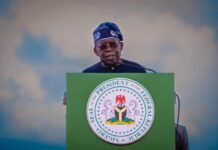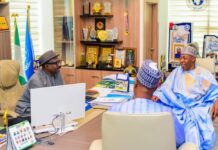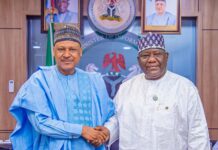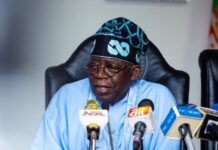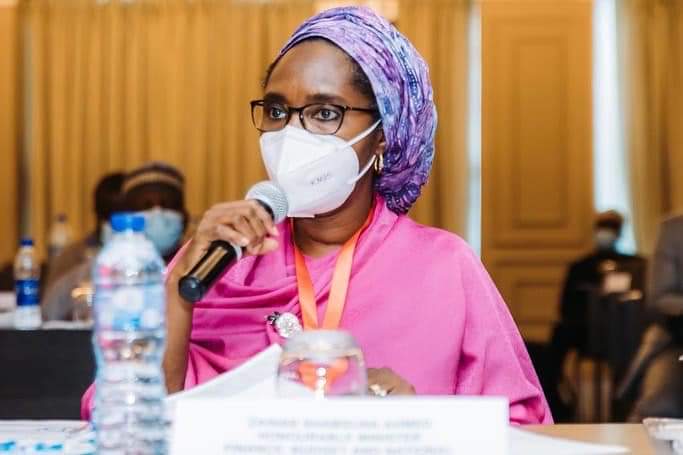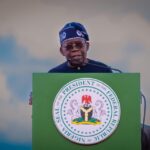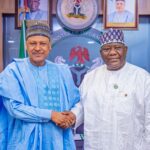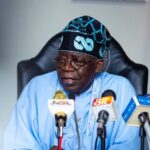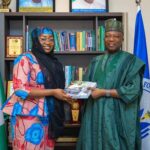The Honourable Minister of Finance, Budget and National Planning, Mrs. Zainab Ahmed, has stated that much still remains to be streamlined, notwithstanding the efforts and resources committed in procuring development financing for critical sectors of the Nigerian economy.
Saying this in her keynote address at a retreat for members of the National Assembly organised by the ministry on ‘Process Optimisation In Donor-Financed Projects In Nigeria’ recently in Lagos, she noted that the country appears not to have made the desired progress to boost human capital development, improve infrastructure and service delivery as well as strengthen governance and institutions.
The event, according to her, “marks a significant milestone in our efforts to foster a new level of synergy and collaboration with the National Assembly to further accelerate the level of implementation of donor financed programmes and projects in Nigeria.
“The need to organise this important retreat is predicated on our desire and strong conviction as a Ministry saddled with the responsibility of managing the country’s financial inflows and outflows to deliver planned projects for sustained growth and national development,” she stated.
Mrs. Ahmed mentioned that fact that when borrowed funds fail to be properly utilised, and to deliver on planned development objectives, growth is impaired and economic development is distorted.
In her words: “An in-depth review of the level of implementation of the entire development projects reveals that delays in the execution of donor-funded projects stems from factors including bureaucratic bottlenecks, capacity challenges, political interference and challenges associated with obtaining varied and misaligned approvals processes between our local authorities and development partners.
“Accordingly, Nigeria ranks low compared to other nations of the world in terms of the level of implementation of World Bank funded projects. It is public knowledge that there have been increased public agitations against rising foreign debts levels. This has put immense pressure on government to ensure prudent management of resources, and improve transparency and accountability in the utilisation of funds from donor agencies for maximum positive impact on the economy.
“It is, therefore, against this backdrop, that I constituted a Taskforce on disbursement in donor-funded projects in Nigeria. The term of reference (ToR) of the Taskforce is to evaluate, review and chart a fresh course to significantly increase disbursement levels in donor-financed projects in the country. It is to also work with relevant stakeholders to facilitate various approval processes for donor-assisted projects before final approval from the National Assembly.
The retreat organised by the ministry for the chairmen and members of the two relevant Committees of the National Assembly is, according to the Honourable Minister, in furtherance of federal government’s efforts towards unravelling the challenges associated with the implementation of donor-financed projects with a view to evolving ways to improve execution levels for national growth and development.
“It is also a clear demonstration of our firm belief in the critical role and importance of the National Assembly to Nigeria’s development drive. As critical stakeholders, it is our hope that this retreat would provide a veritable platform for all to ex-ray the issues and resolve to tackle them headlong.
She expressed her expectation that the outcome of this meeting would ultimately facilitate the elimination of avoidable delays in the implementation of donor-financed projects, increase levels of execution, improve effectiveness and efficiency in project implementation management and contribute to meeting Nigeria’s development objectives.
At the retreat were the chairmen and honourable members of the Senate Committee on Local and Foreign Debts and the House Committee on Aids, Loans and Debt Management “who have consistently been partnered with us in our quest to ensure effective and efficient delivery of targeted, coordinated reforms and infrastructural development funded through donor agencies and development partners.
“It is noteworthy at this juncture that one of the critical sources of funds for the execution of key projects in Nigeria is through donor financing, especially, from multilateral bodies such as the World Bank and the African Development Bank.
The representatives of the World Bank were also at the event.






